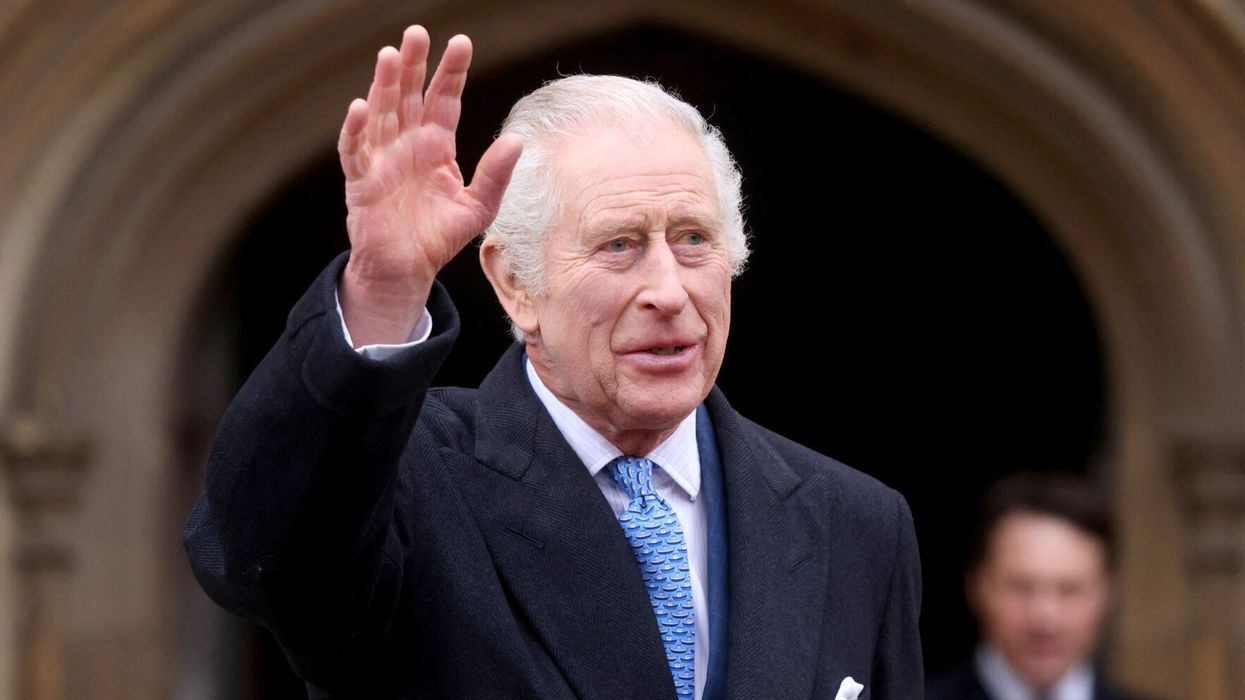EASTER brings the usual debate about whether Britain is a Christian country.
I saw one set of statistics from an Islamic organisation that says “more people in Britain attend mosques than the Church of England. It is for the first time that Muslims have overtaken Anglicans. According to figures, 930,000 Muslims attend a place of worship at least once a week, whereas only 916,000 Anglicans do the same. Muslim leaders are now claiming that, given such a rise of Islam in Britain, Muslims should receive a share of the privileged status of the Church of England.”
The Times reported last year that “Britain can no longer be described as a Christian country, three quarters of Church of England priests believe”. The report stated: “The most wide-ranging poll carried out among frontline Anglican clergy, and the first survey of Church of England clerics conducted in almost a decade, has found a strong desire among rank-and-file priests for significant changes in church doctrine on issues such as sex, sexuality, marriage and the role of women to bring it into greater line with public opinion.
“A majority of priests want the church to start conducting same-sex weddings and drop its opposition to premarital and gay sex, in results described as ‘absolutely huge’ by campaigners.
“They fear that the church’s efforts to arrest the decline in attendance will fail and this may ultimately lead to its ‘extinction’.
“The survey analysed responses from 1,200 serving priests, the catch-all term for all ordained people who can celebrate sacraments such as Holy Communion. The respondents mainly included vicars, rectors, curates, chaplains and retired priests who still serve, representing around six per cent of active clergy.
“Asked whether they think ‘Britain can or cannot be described as a Christian country’, only a quarter (24.2 per cent) answered: ‘Yes, Britain can be described as a Christian country today’. Almost two thirds (64.2 per cent) said Britain can be called Christian ‘but only historically, not currently’ while 9.2 per cent answered ‘no’.
” But there are other ways to judge whether Britain remains a Christian country. People may not attend church, but choose one for marriages, funerals and baptisms and at Christmas and Easter.
But an important reason why most of us love living in this country is because it retains its Christian culture. That is hard to define, but the British spirit of tolerance is part of the way of life in this country. Long may that continue.
Britain is also lucky to have King Charles III as its monarch, because he wants to be not simply defender of the faith, but defender of all faiths. It is up to Hindus, Muslims, Sikhs, Jews, Jains and people of other faiths and none to cherish the Christian culture of Britain. There must be a reason why many non-Christians parents want to send their children to Protestant and Catholic schools in Britain.
The English medium and convent schools in India – and Pakistan – are among the most sought after by parents. In a curious way, they turn out young people with the greatest respect for other faiths. That was certainly my experience after attending St Xavier’s in Patna, Bihar, which was run by Jesuit fathers. In England, we had two morning assemblies – one for Christians (to which I went as a Hindu) and a separate one for Jewish pupils. Afterwards, we combined for announcements by the headmaster. It worked.




